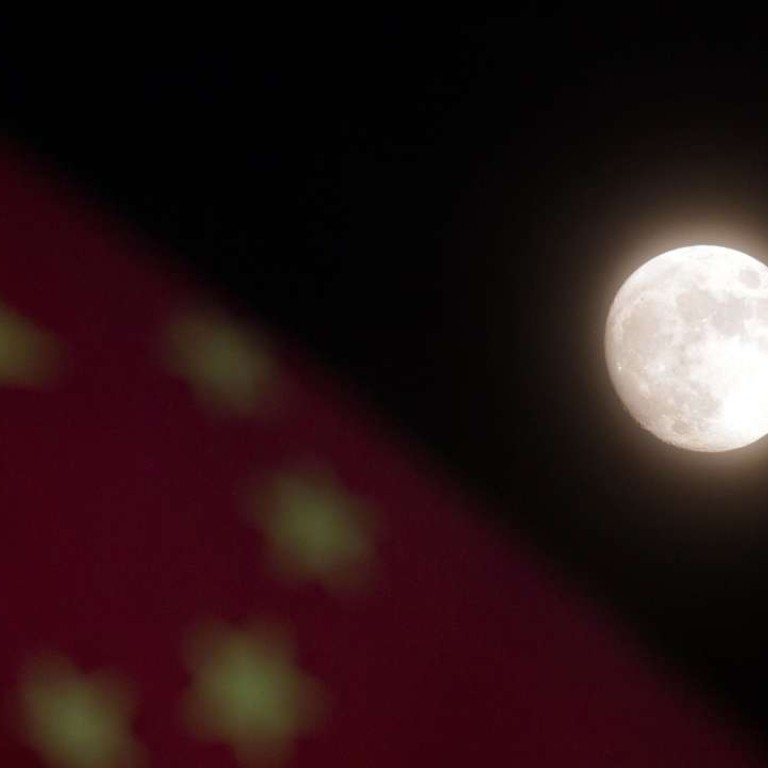
China no longer a ‘rising star’ in science, so why aren’t researchers shooting for the moon?
This month, on a mountaintop in the western province of Sichuan 4,410 metres above sea level, Chinese scientists began to build Lhaaso, the highest, largest, most sensitive cosmic ray detector.
With a water tank more than twice as large as the National Aquatic Stadium in Beijing, scientists hope to trap and catch elusive particles from distant space, which might prove, among other things, Einstein’s theory about our universe was wrong.
Across the country, in Shanghai, the East China Normal University created a minor stir in the scientific supplement Nature Index. It has compiled a list of “Rising Stars” to identify ascendant nations in the research world and the ranking includes India, Poland and Saudi Arabia. China was not on the list.
The university trains students to become teachers, but its researchers had produced so many “world-class” articles, more than doubling the number between 2012 and last year, that it lifted its rank from below 200 to 142nd. It continues to attract international collaborators from top research institutes such as NYU, Texas State University and MIT.
China’s remarkable rise in high-quality research output is now well established
“China’s remarkable rise in high-quality research output is now well established, which is why we no longer consider the country a rising star,” Nature Index said.
Armed with new research facilities and the world’s largest regiment of researchers, China is carving out its own turf in science. In some areas, its scientists are ahead of their overseas competitors. But the nation has yet to become a research power due to a lack of innovative ideas, say some scientists.
The Lhaaso, with a budget of 1.2 billion yuan (HK$1.4 billion) and construction period spanning five years, is just one of many new massive hardware projects on the mainland. The world’s largest radio telescope has been completed in Guizhou, the world’s first quantum satellite is expected to be launched next month, and the government is mulling even more ambitious projects, such as the world’s largest particle collider and a manned expedition to Mars.
China spent more than US$400 billion on research and development last year, or more than 2 per cent of its gross domestic product, second only after the United States.
The desire for fame and money is necessary, but above all a researcher must have curiosity
The mainland had so many institutes like the East China Normal University, “we could have produced a whole magazine about them”, Nature Index said.
But money, hardware and the sheer volume of scientists have not been enough to turn the nation into a true research power, said Dr Wang Jie, an editor of the life science journal Cell Research based in Shanghai. In her field, Chinese scientists have taken the lead in a few areas, such as research in stem cells and structural biology, but in many other areas they were still following in the footsteps of scientists in the West, she said.
Part of the reason is income. Previously, a career in science doomed entrants to a lifetime of low pay, but that is changing. Researchers on the mainland have been earning more, and with the government’s higher financial incentives and subsidies, more Chinese scientists working overseas are returning to carry out research.
But Wang Pinxian, a professor of earth science at Tongji University, warned of the dangers of a “middle income trap”, where most scientists are satisfied with obtaining research funds, but won’t bother or dare to challenge academic authorities with new ideas.
“Many researchers are not really interested in the topic of their research,” he said in an article published on the website of the Chinese Academy of Sciences.
“The desire for fame and money is necessary, but above all a researcher must have curiosity about science, must be willing to lose sleep in the quest for answers, instead of worrying about the size of financial rewards,” he said.

